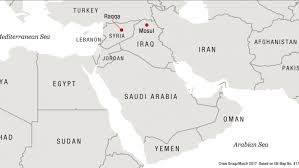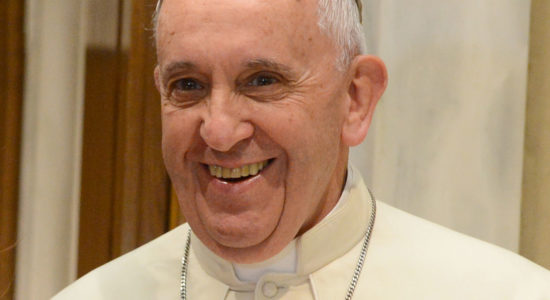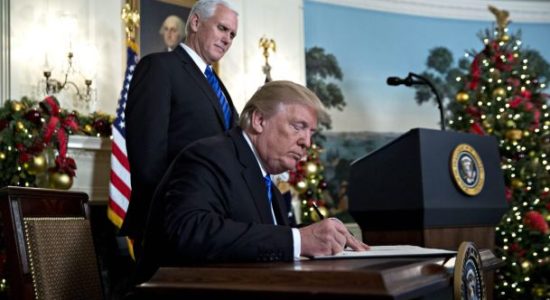Coping with the complex security challenges
The vacuum left by the recent fall of ISIS is being filled by new terror groups who are forming, and developing networks through existing criminal groups in order to raise money and transport weapons. This has led to an increase in trafficking of drugs…










